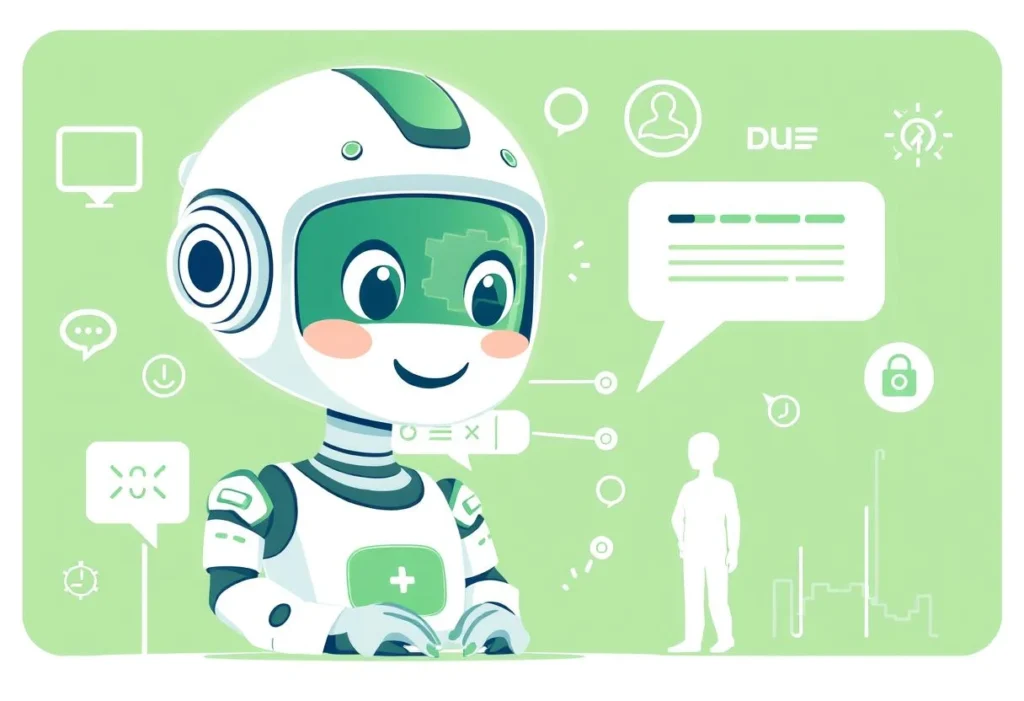The modern career path is rarely a straight line. Shifting industries, pursuing new opportunities, or even changing job roles within an organization have become the norm. So, how do you set yourself up for success—no matter where your professional journey leads? The answer lies in developing transferable skills that open doors in any field.
Transferable skills are versatile strengths that adapt across jobs, industries, and work settings. These are the abilities that employers crave: flexible, powerful, and often more important than technical expertise. Whether you’re starting out, making a change, or aiming for advancement, mastering these core skills ensures you remain valuable and agile—wherever your path takes you.
Let’s dive into the top 10 transferable skills for any career in 2025 and see how they can elevate your work life, now and for years to come.
What Are Transferable Skills?
Transferable skills (sometimes called “portable skills”) are strengths, attributes, or abilities you develop through work, education, or life experiences that can be applied in multiple jobs or sectors. Unlike industry-specific knowledge, these skills are crucial for adaptability, resilience, and top performance as new challenges arise.
Employers seek these skills because they signal a candidate’s ability to learn quickly, collaborate effectively, and contribute value right away—even when starting something new. They are the building blocks of a lasting and robust career.
Why Are Transferable Skills Essential in 2025?
With technology evolving and industries blending, career agility is more valuable than ever. The World Economic Forum reports that nearly half of all core job skills will shift by 2030, making it crucial to invest in skills that transcend roles and sectors. Transferable skills like adaptability, problem-solving, and communication set high-performing professionals apart—future-proofing your potential for growth, regardless of market changes.
The Top 10 Transferable Skills for Any Career
1. Communication
Clear, effective communication is at the core of every successful workplace. This skill covers everything from presenting ideas and leading meetings to crafting emails and active listening. No matter your role—management, sales, tech, or creative—strong communication bridges gaps, builds relationships, and boosts productivity.
Key aspects include:
- Verbal and written clarity
- Active listening
- Public speaking
- Feedback delivery
2. Leadership
Leadership isn’t limited to those in management. It’s about inspiring and guiding teammates, making thoughtful decisions, resolving conflicts, and fostering a positive, inclusive culture. Strong leadership skills show that you can take initiative and drive both people and projects toward success.
Leadership abilities may include:
- Delegation
- Conflict resolution
- Team motivation
- Strategic vision
3. Problem-Solving
Workplaces will always face challenges and uncertainty. Problem-solving shows an employer that you can analyze a situation, think critically, and deliver solutions—essential no matter your function or industry.
Top problem-solving traits:
- Analytical thinking
- Creativity
- Decision-making
- Troubleshooting
4. Adaptability
In a world where priorities, technologies, and methods constantly evolve, adaptability is a must-have skill. Professionals who navigate change with confidence and openness quickly become invaluable assets, especially during times of transition or rapid growth.
Adaptability means:
- Embracing new technologies
- Learning quickly
- Remaining flexible under pressure
- Adjusting to diverse teams and work styles
5. Teamwork and Collaboration
Few accomplishments happen solo. Teamwork revolves around working well with diverse personalities, supporting common goals, sharing ideas, and celebrating collective wins. Employers value those who contribute positively to team dynamics and lift others up.
Core elements include:
- Cooperation
- Constructive feedback
- Respectful communication
- Cross-functional collaboration
6. Time Management
Managing your time well isn’t just about being busy—it’s about prioritizing, meeting deadlines, and balancing multiple responsibilities efficiently. Strong time management boosts reliability, productivity, and overall job satisfaction.
Key practices:
- Organizing daily tasks
- Setting clear priorities
- Meeting deadlines
- Minimizing distractions
7. Emotional Intelligence
The ability to understand, regulate, and express emotions—your own and others’—is critical in today’s workplace. Emotional intelligence helps you manage stress, handle feedback, navigate conflicts, and build better working relationships.
It includes:
- Empathy
- Self-awareness
- Conflict resolution
- Social awareness
8. Critical Thinking
Employers want employees who can evaluate situations, weigh evidence, consider alternatives, and make informed decisions. Critical thinking enables you to tackle ambiguous problems, recognize bias, and drive smart, effective solutions.
Key traits:
- Objectivity
- Logical reasoning
- Perspective-taking
- Research analysis
9. Digital Literacy
No matter your profession, technologies—from spreadsheets and project management tools to data analytics and AI—are now part of daily work life. Being digitally savvy is a universal strength in nearly every modern workplace.
Digital literacy may involve:
- Using productivity and collaboration platforms
- Navigating data and analytics tools
- Adapting to new technology quickly
10. Creativity
Innovation is the engine of progress. Creative professionals bring fresh ideas, new perspectives, and imaginative solutions to persistent problems. This skill fuels everything from marketing campaigns to product development and process improvement.
Ways creativity shows up:
- Brainstorming improvements or alternatives
- Generating novel solutions
- Encouraging a culture of experimentation
Table: The Top 10 Transferable Skills at a Glance
| Skill | Description | Why It Matters |
|---|---|---|
| Communication | Sharing ideas clearly and listening actively | Boosts teamwork, customer satisfaction, and outcomes |
| Leadership | Guiding, motivating, and inspiring others | Drives team success and resilience |
| Problem-Solving | Finding creative, viable solutions to challenges | Increases productivity and innovation |
| Adaptability | Thriving in changing environments | Keeps you relevant and opens new opportunities |
| Teamwork | Collaborating respectfully and effectively with others | Achieves collective goals faster |
| Time Management | Organizing and prioritizing tasks effectively | Enhances reliability and reduces workplace stress |
| Emotional Intelligence | Understanding and managing emotions constructively | Fosters positive culture and builds strong relationships |
| Critical Thinking | Objectively evaluating evidence, issues, and scenarios | Supports better decisions and strategic planning |
| Digital Literacy | Using technology platforms and digital tools with confidence | Ensures success in tech-driven workplaces |
| Creativity | Generating new ideas and approaches | Encourages innovation and business growth |
How Transferable Skills Boost Your Career
- Career Agility: Ability to transition between roles or industries with ease.
- Stronger Job Security: Employers seek multiskilled professionals who adapt as needs shift.
- Enhanced Collaboration: Many transferable skills directly improve workplace relationships.
- Lifelong Learning: Strengths like critical thinking and digital literacy help you pick up new competencies quickly.
- Leadership Potential: People with strong transferable skills are ready to take on greater responsibility and guide teams.
Frequently Asked Questions
How do I develop transferable skills?
- Seek diverse work experiences, cross-functional projects, or volunteer roles.
- Invest in continuous learning—both formal courses and on-the-job challenges.
- Practice self-reflection to identify strengths and new growth areas.
Can transferable skills help if I want to change careers?
Absolutely. These skills demonstrate to employers that you can hit the ground running, add value, and adapt quickly, regardless of your professional background.
What’s the best way to highlight transferable skills on a resume or in interviews?
- Use specific examples from previous roles or experiences.
- Match your skills to the keywords in job descriptions.
- Quantify achievements to show real-world impact.
Conclusion
The path to a resilient, rewarding career isn’t about mastering one job—it’s about cultivating powerful skills that open doors everywhere you go. By building and refining these top 10 transferable skills, you’ll stand out to employers, rise above uncertainty, and confidently pursue any professional adventure.
Every step you take to work on these abilities today is an investment in your future success. Remember: It’s not just what you know, but what you can do with what you know—and how you work with others while doing it—that truly makes a difference.
Ready to Boost Your Career Potential?
Take action now—choose one of these top transferable skills to focus on this week and watch the impact in your day-to-day work. Share this article with friends or colleagues to build a future-ready network and embrace a workplace where everyone thrives!






